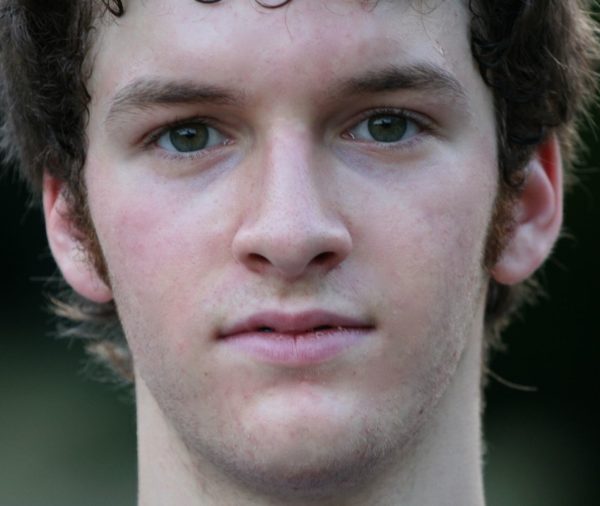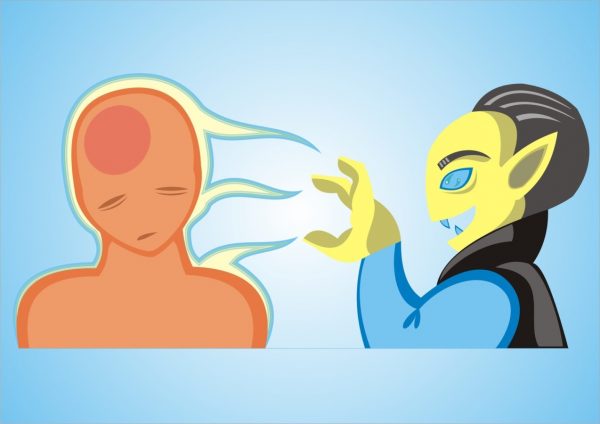Before we begin out multi-part emotional honesty series, I have an exciting announcement. Jamie is going to trance channel Erik for the holidays. For those of you who aren’t familiar with trance channeling, Erik takes over Jamie’s body (Poor Jamie, he can be a little naughty.) Then he speaks to us and answers questions. Those who have been a part of these before LOVE them. They’ll be both insightful and (sometimes hilariously) entertaining.
Here’s the information:
Now for the main event!
Human beings are pack animals, and, as such, we have a strong need to belong. At its most primitive level, belonging to our pack equates with survival. We have two ways to achieve acceptance into our pack. We can contribute something meaningful to it that makes the pack stronger for our presence. This is the way of the self-directed, those who make their choices by relying on their inner compass rather than the external world. Second, we can conform to its standards, essentially begging for acceptance. This requires navigating through life using an external compass to all of our decisions based on what will win us pack approval. Parents, teachers, peers and society all set specific yet frustratingly changeable standards to follow, and that includes how we interact with each other and with ourselves on an emotional level. Any misstep and disaster might ensue. Therein lies the uncertainty.
Me: How does being emotionally honest, whether it’s with yourself or with other people, relate to uncertainty?
Erik: If you’re not emotionally honest, you’re living in denial. That’s because you don’t want to face what you don’t know. Maybe you’re not emotionally honest with yourself because you don’t know who you are on a deep level, and you’re scared shitless you won’t like what you see. Maybe you’re not emotionally honest with other people because you’re afraid of their reaction. So then you start making up shit to make yourself feel better. You start lying to yourself! You start rationalizing, making excuses and justifications, avoiding reflecting on your baggage and other things. You feel like shit. Emotional honesty brings on a feeling of release. When you’re not emotionally honest, you’re building this whole tangled web of misunderstanding of yourself. When you don’t understand yourself, you get lost.
Me: And part of the human experience is about self-discovery.
Erik: Right, and if you go through that “getting lost in the wilderness” thing, you might learn so many things that you wouldn’t have if someone served it up on a plate for you.
Me: So, getting lost can be a good thing?
Erik: Everything is always serving you. Sometimes in order to see who you are, you have to lose who you are.
Me: That sends shivers up my spine.
Sorry this was a short one, but the others will be longer.



